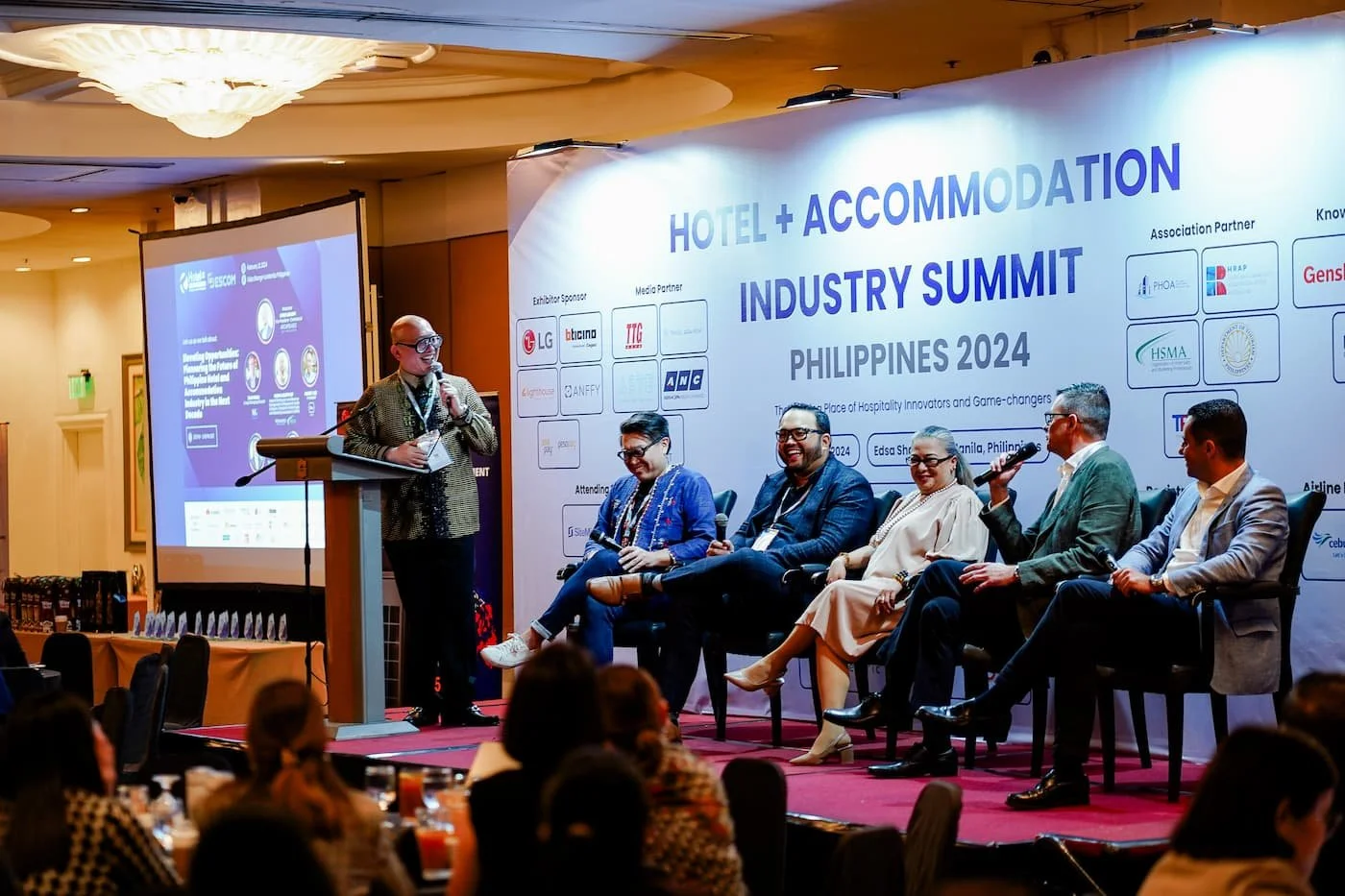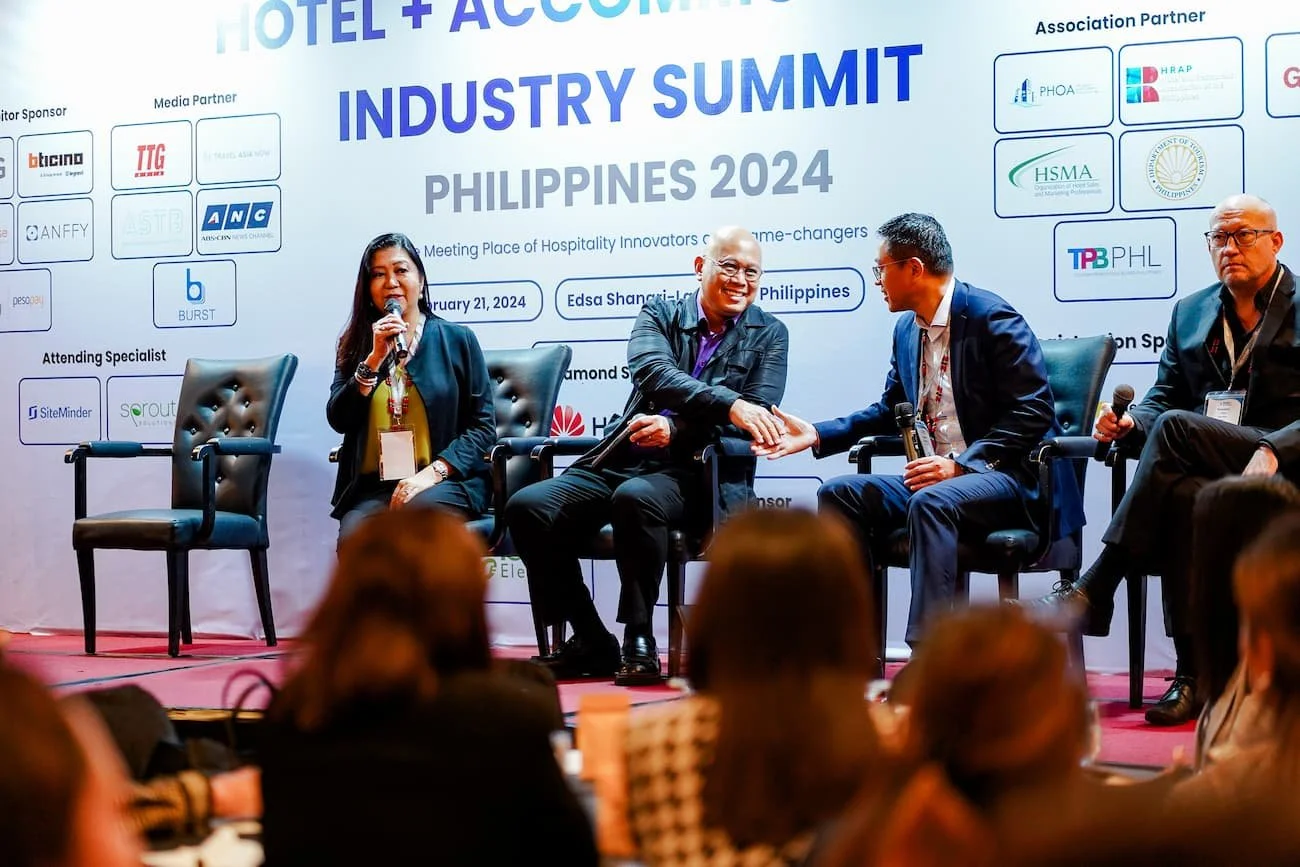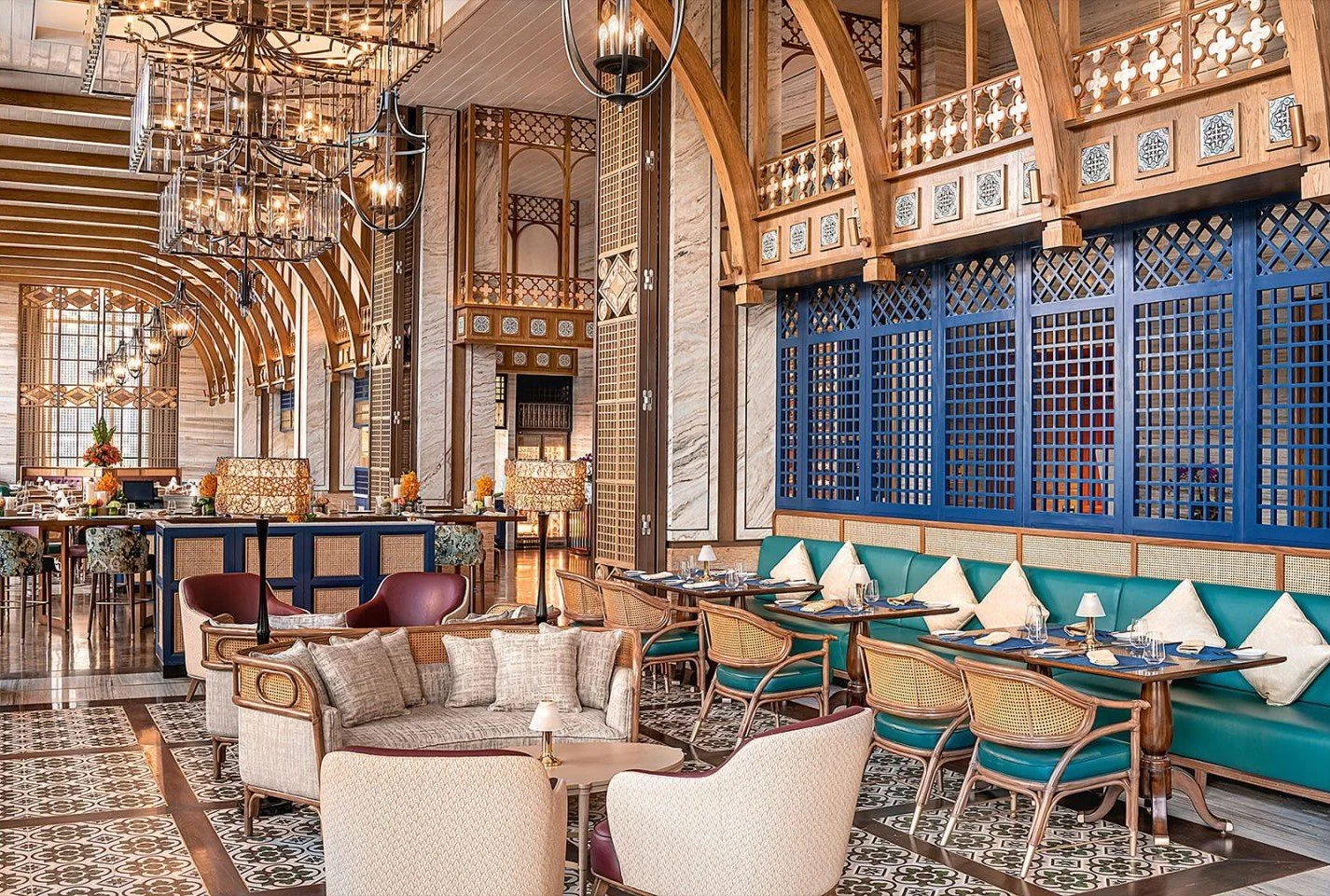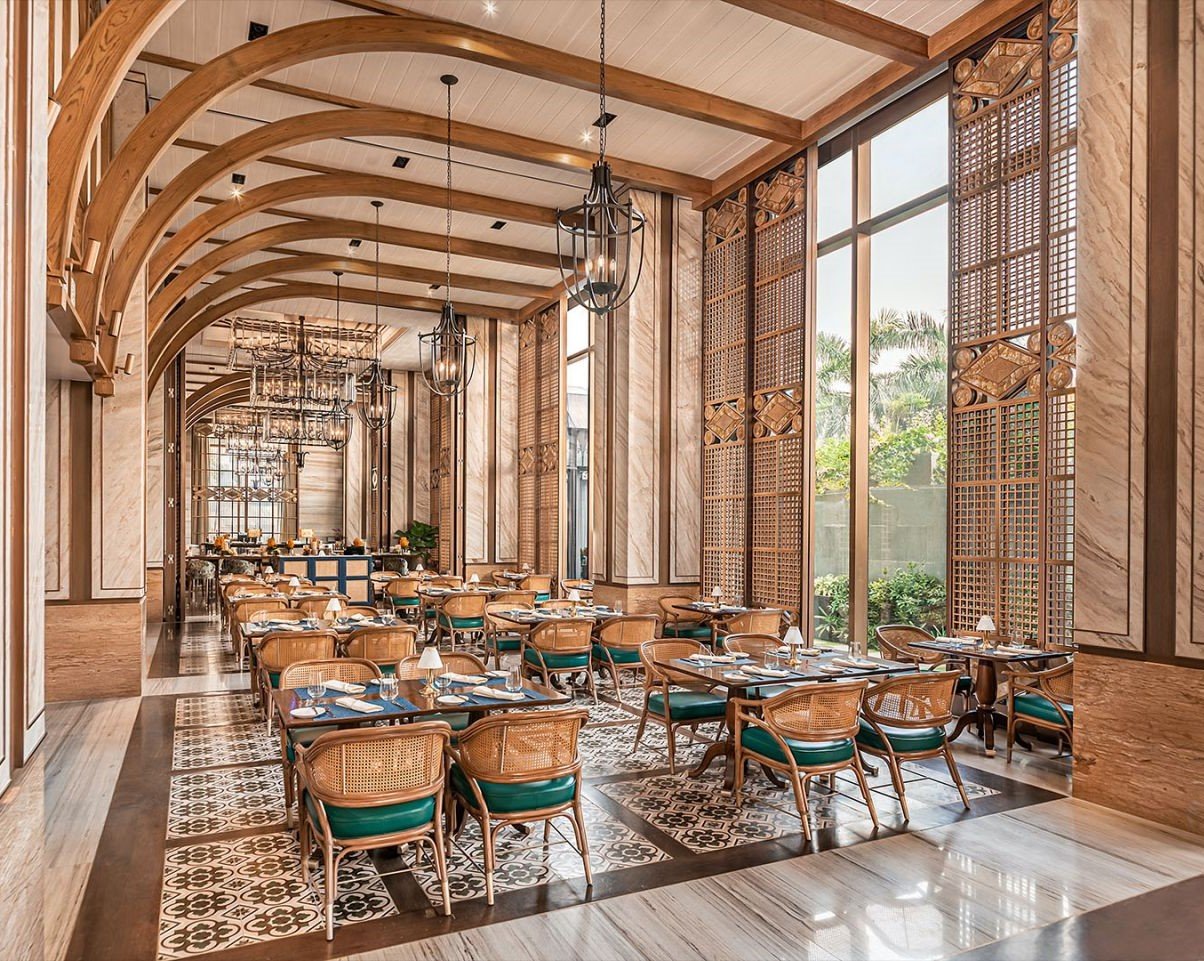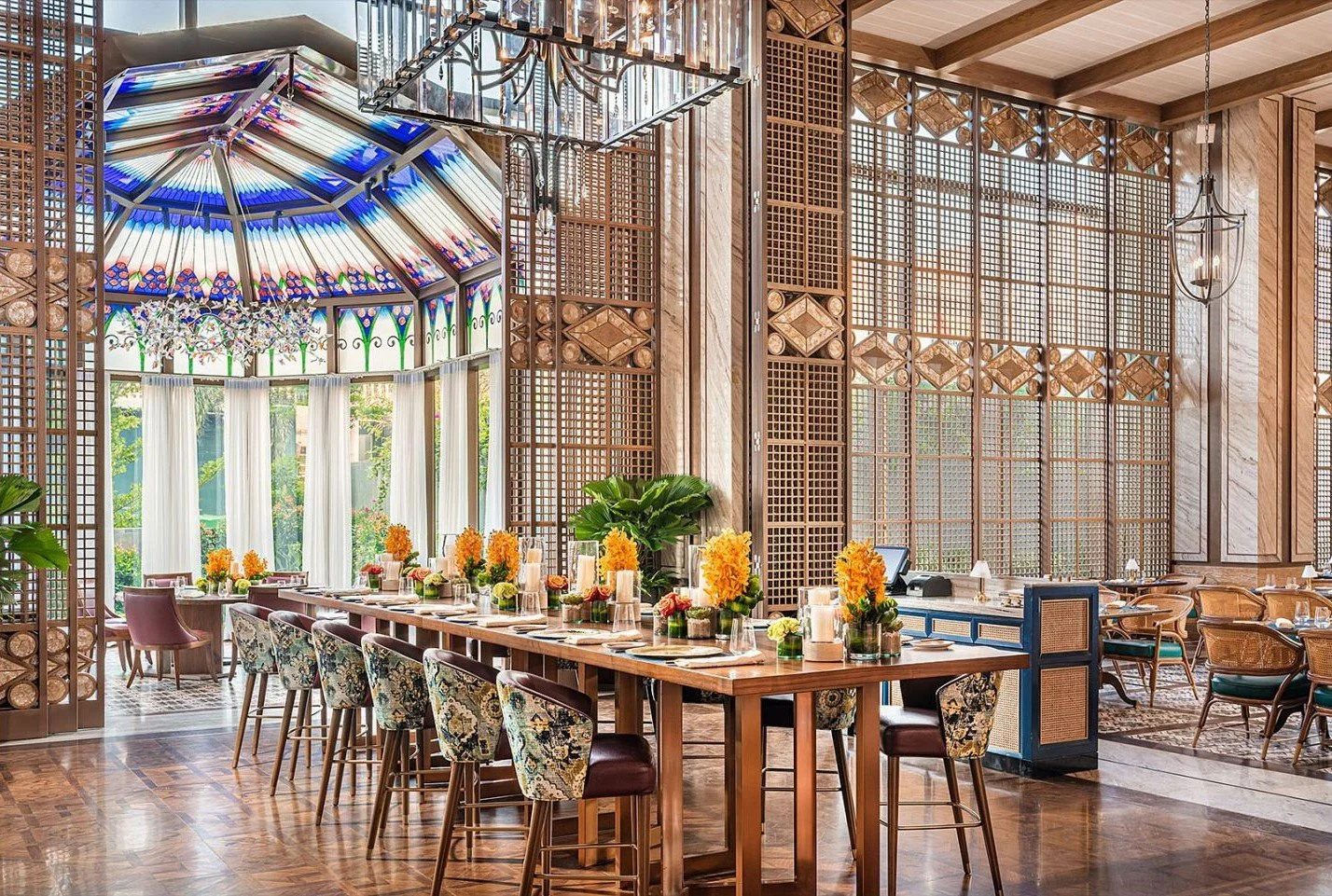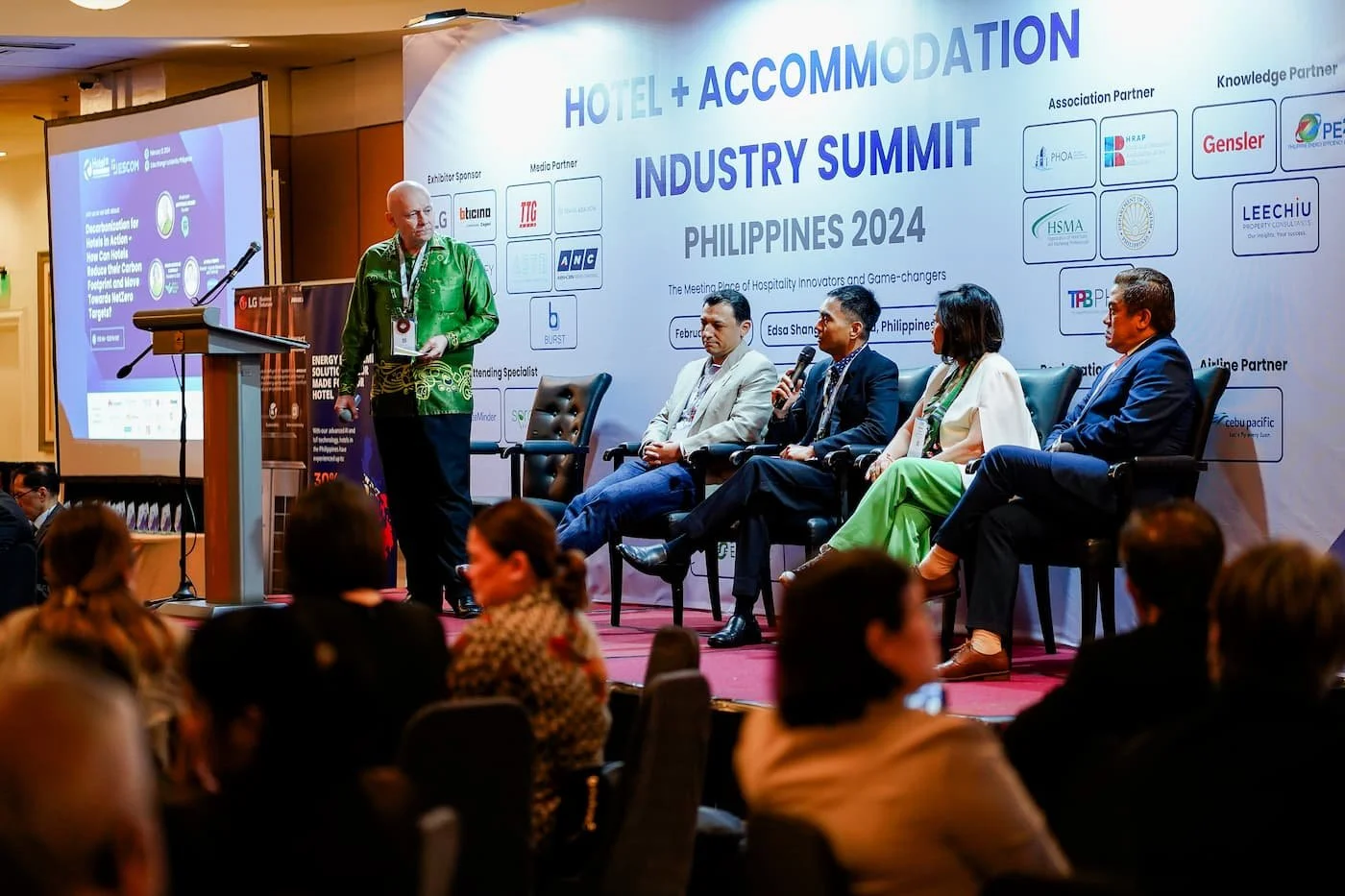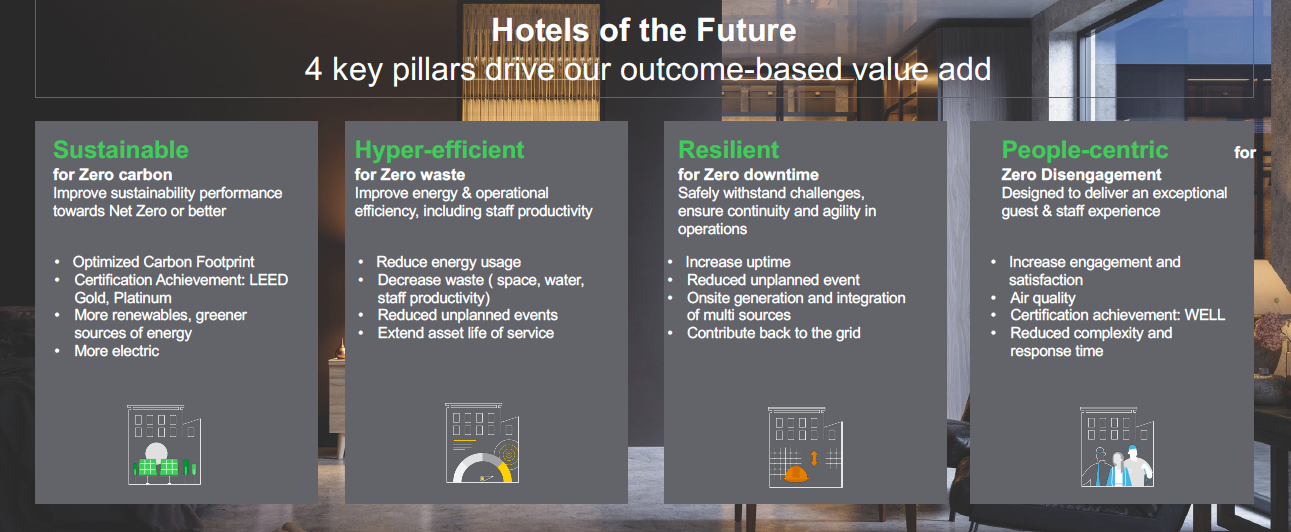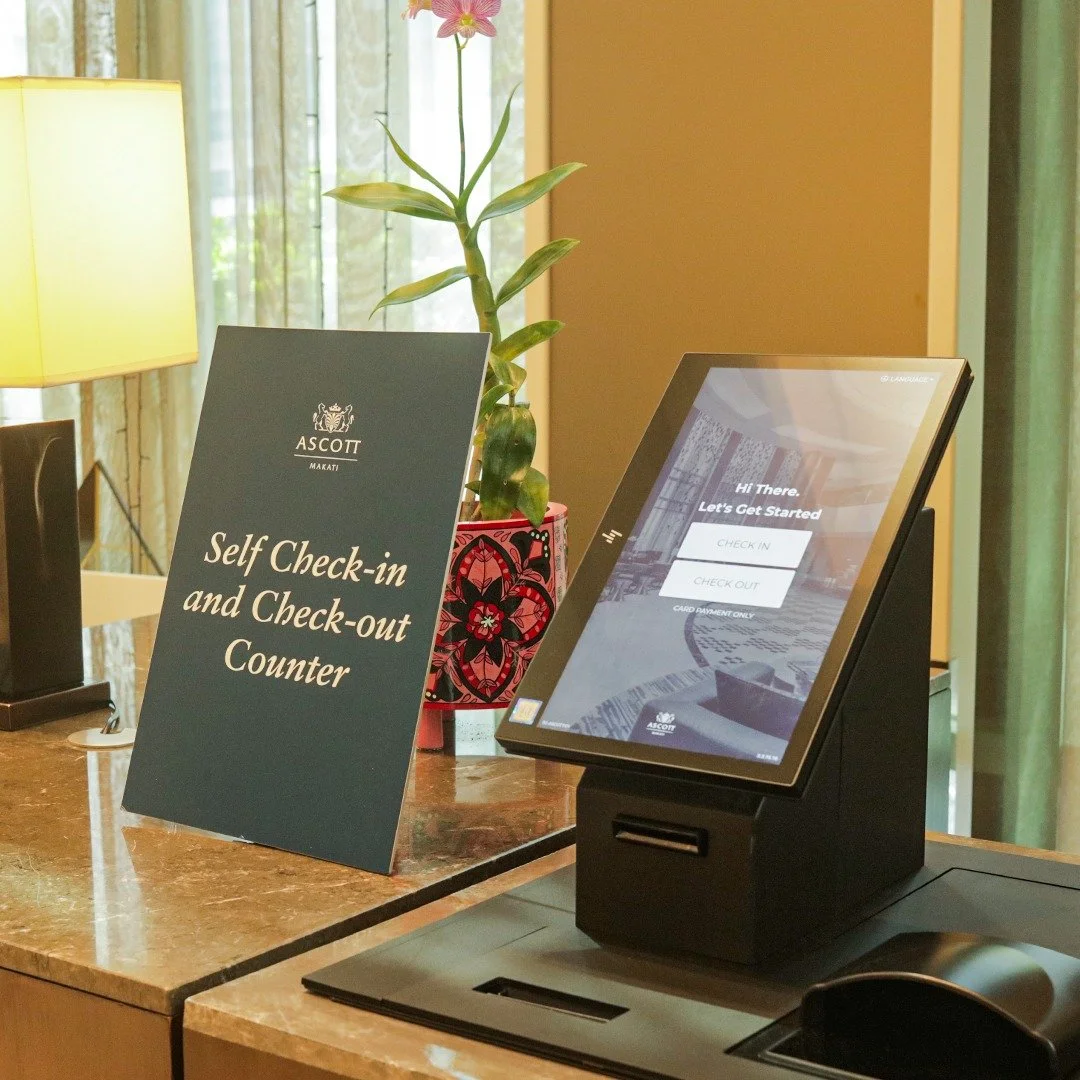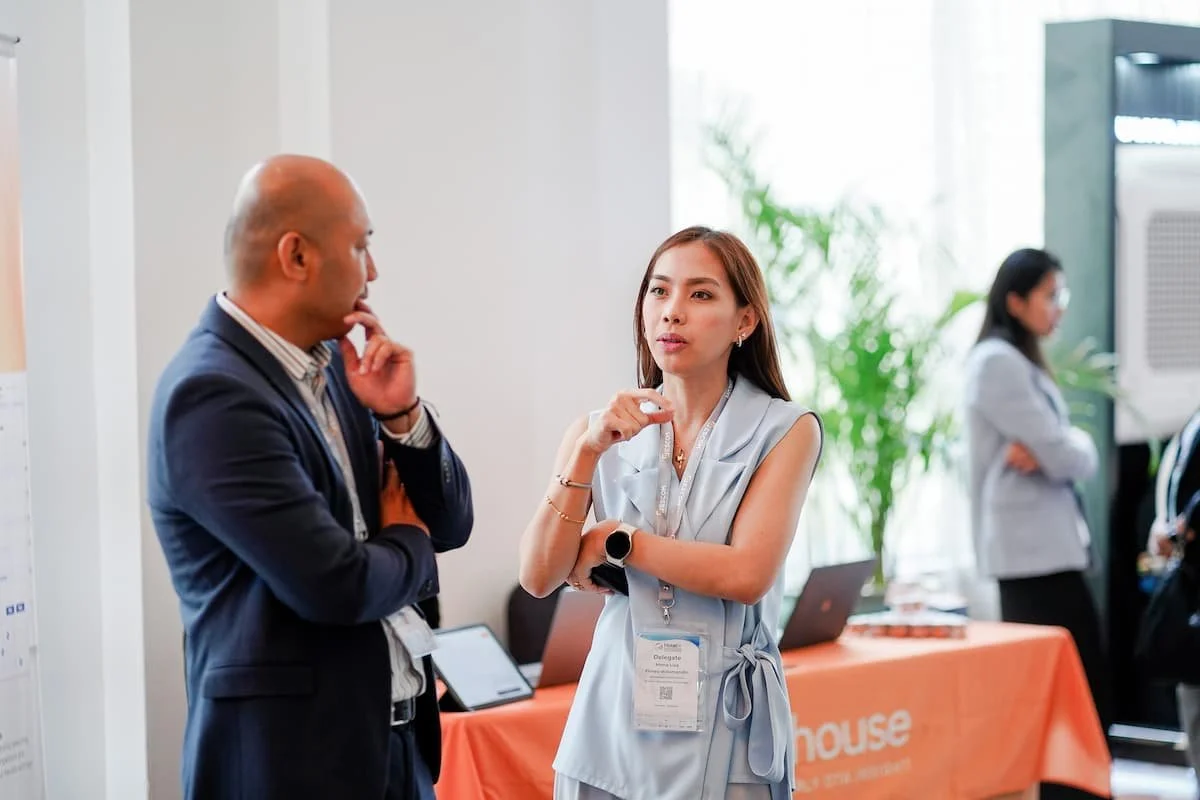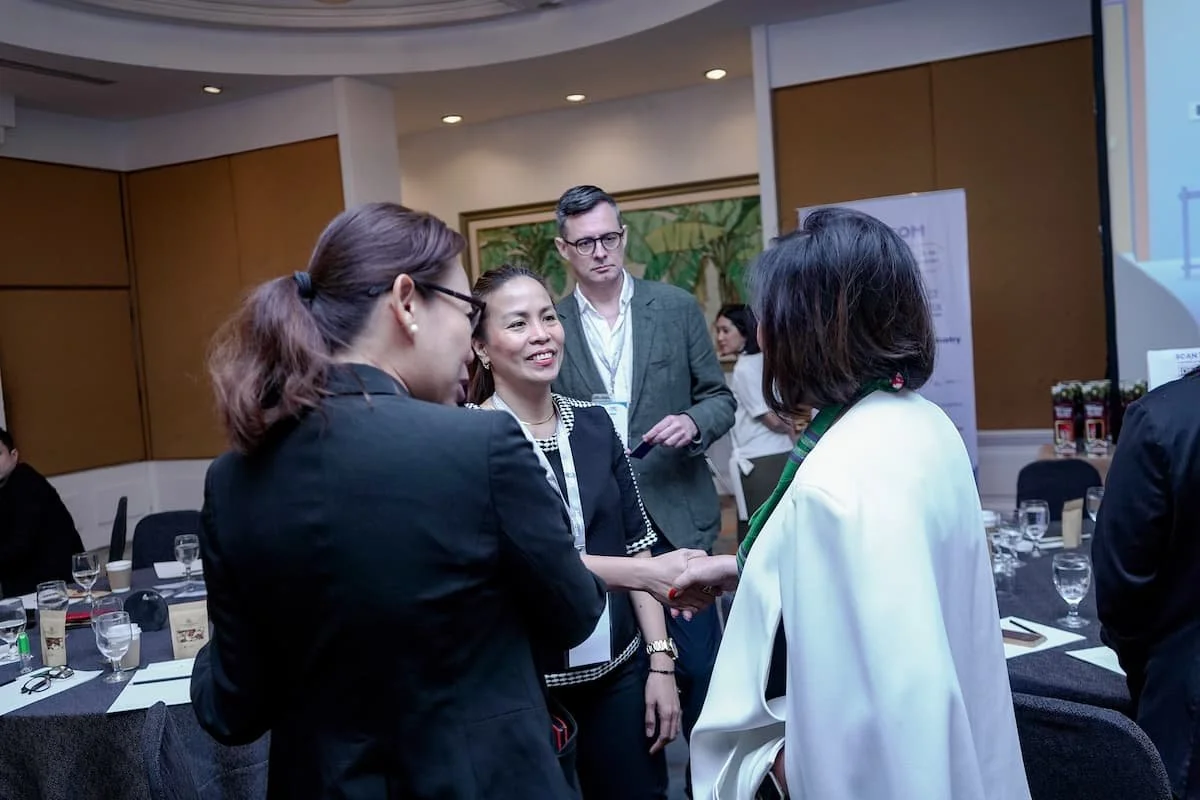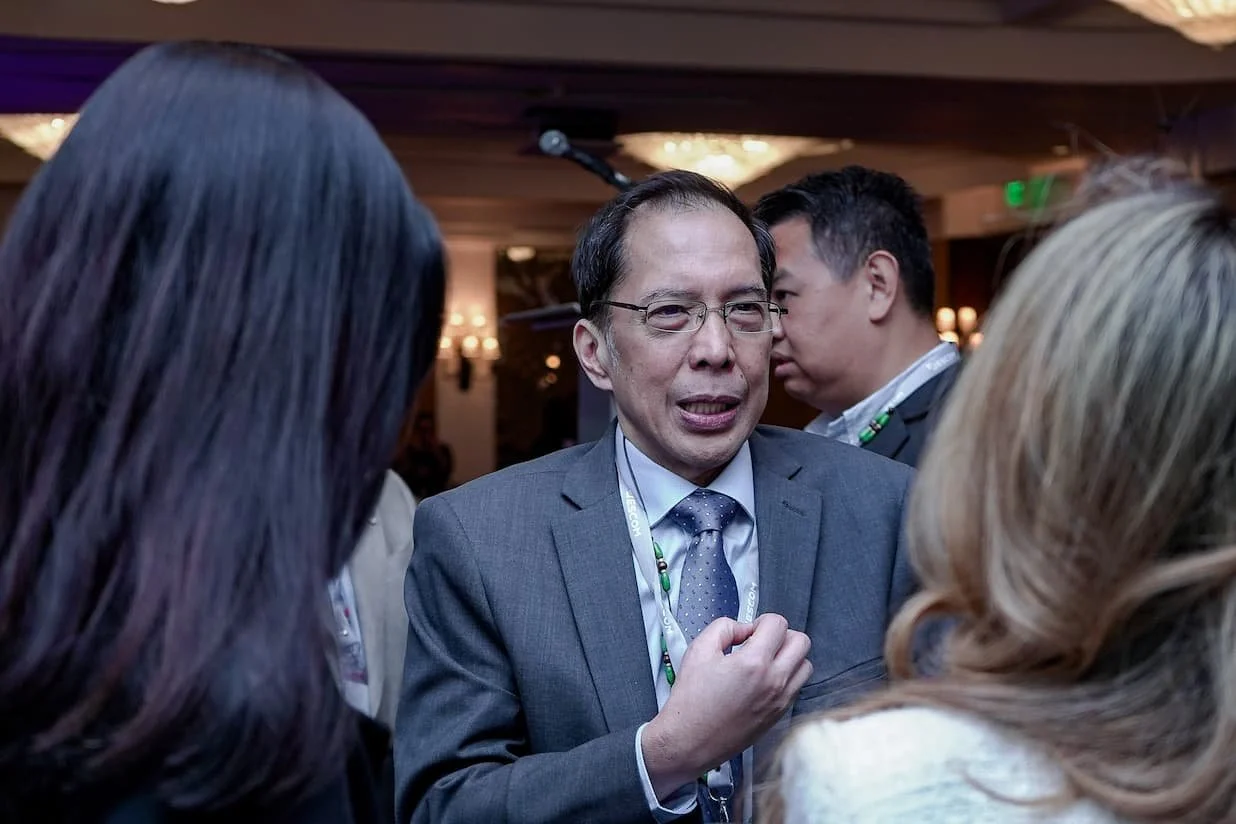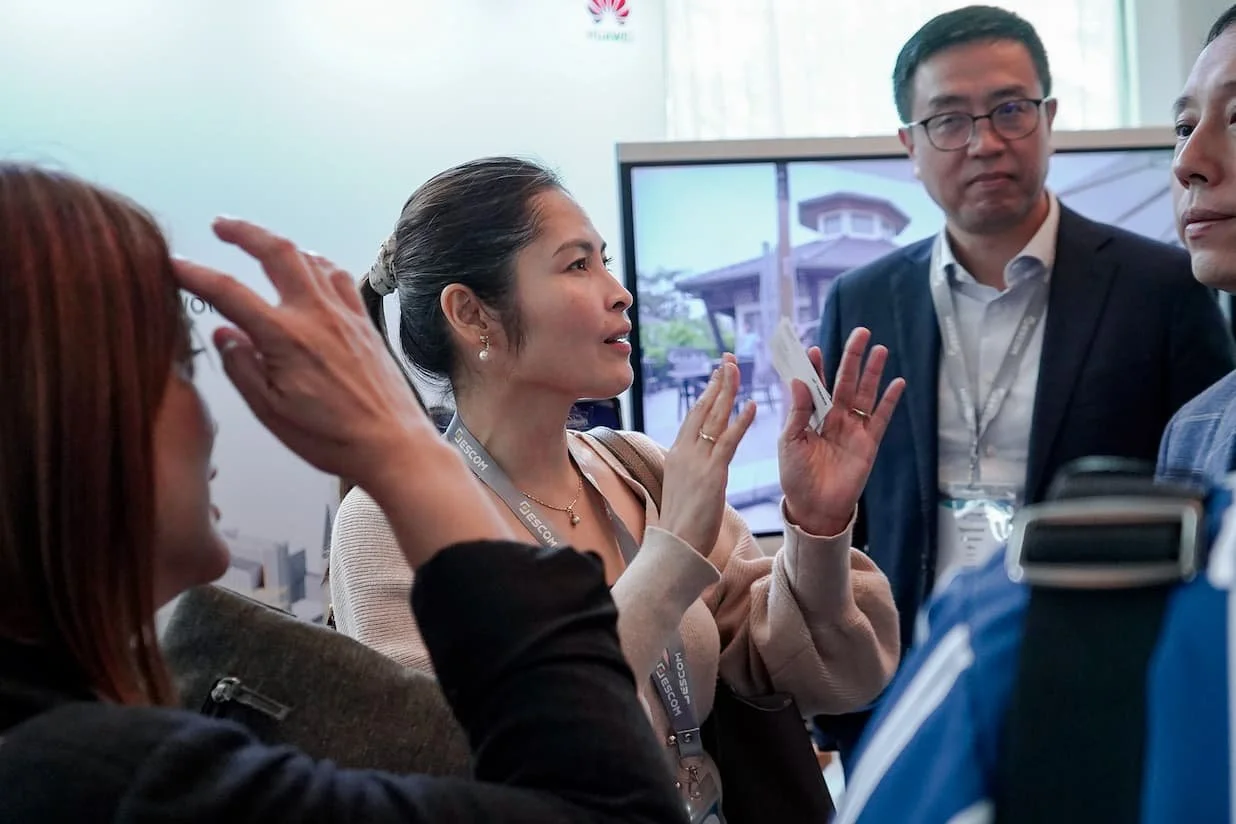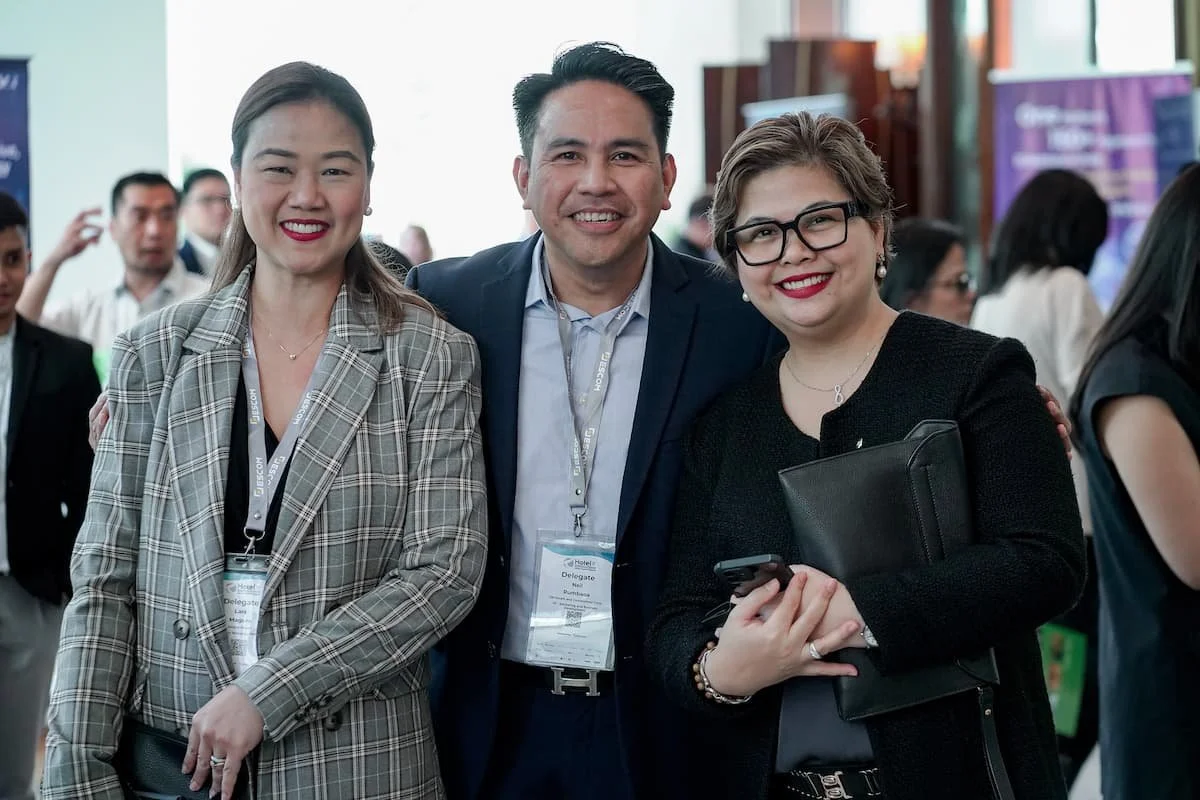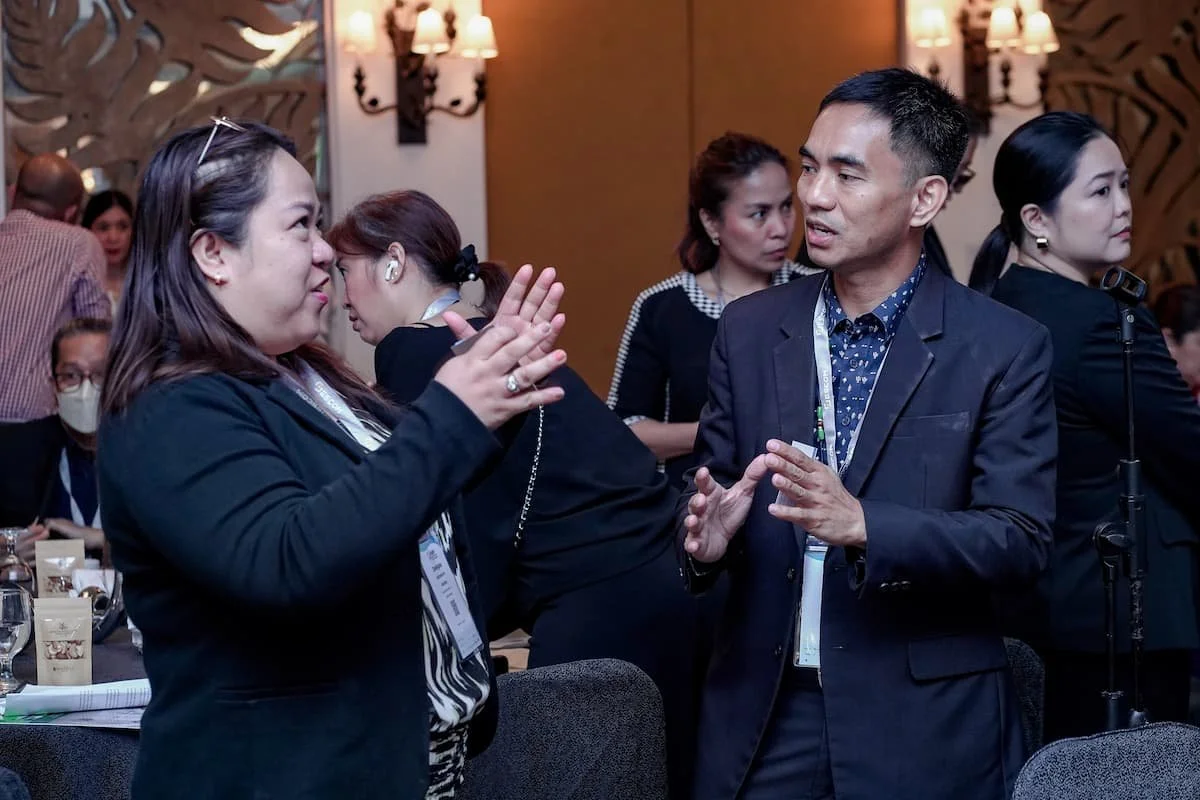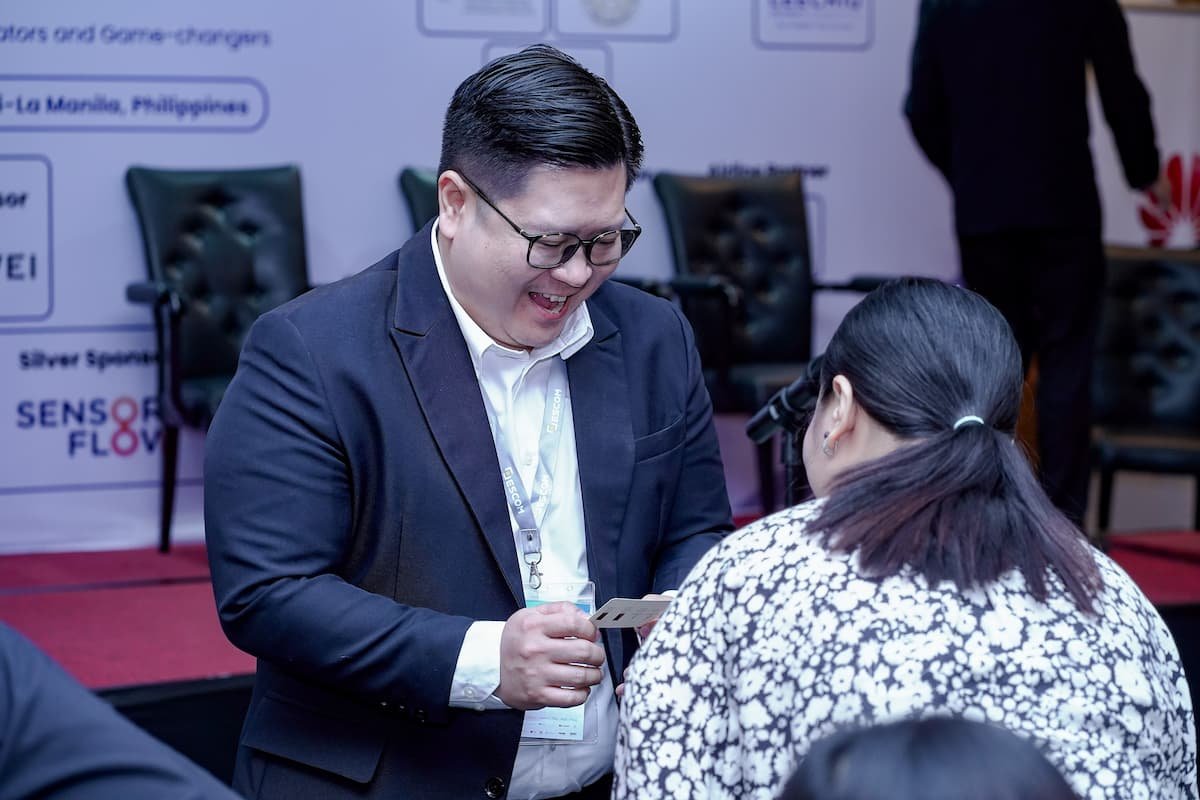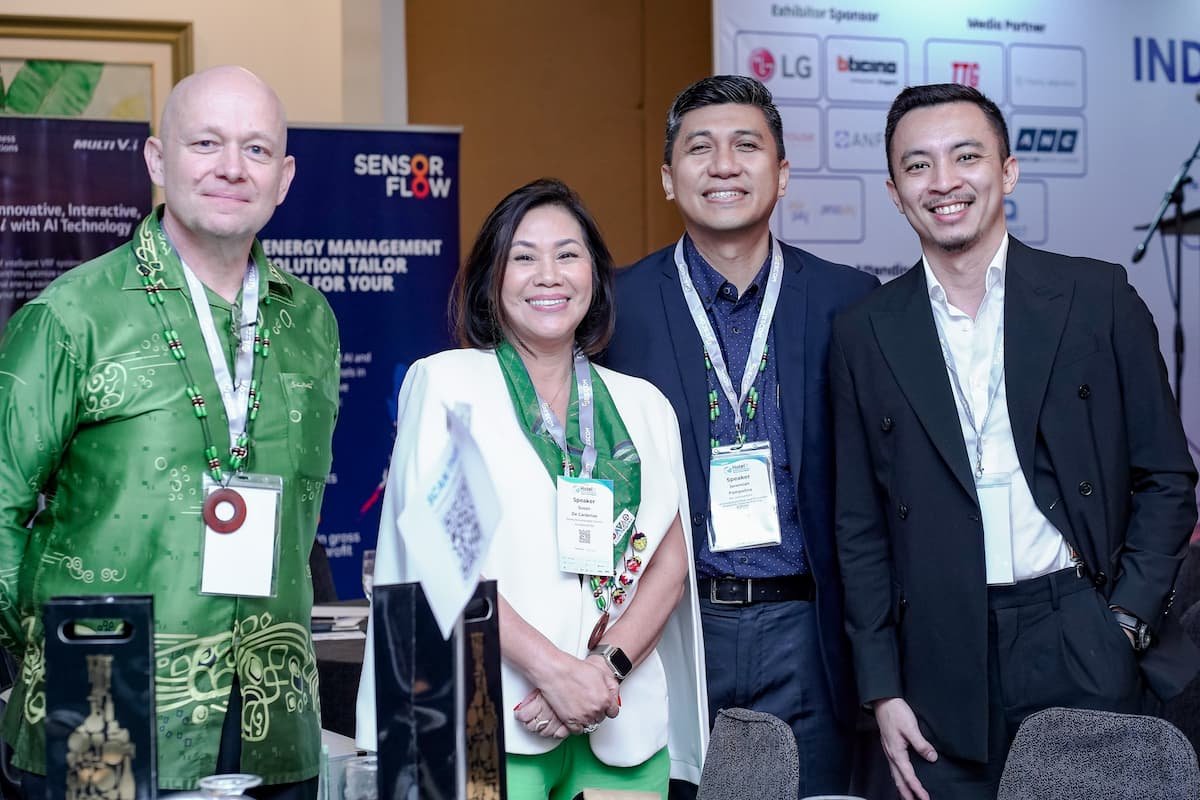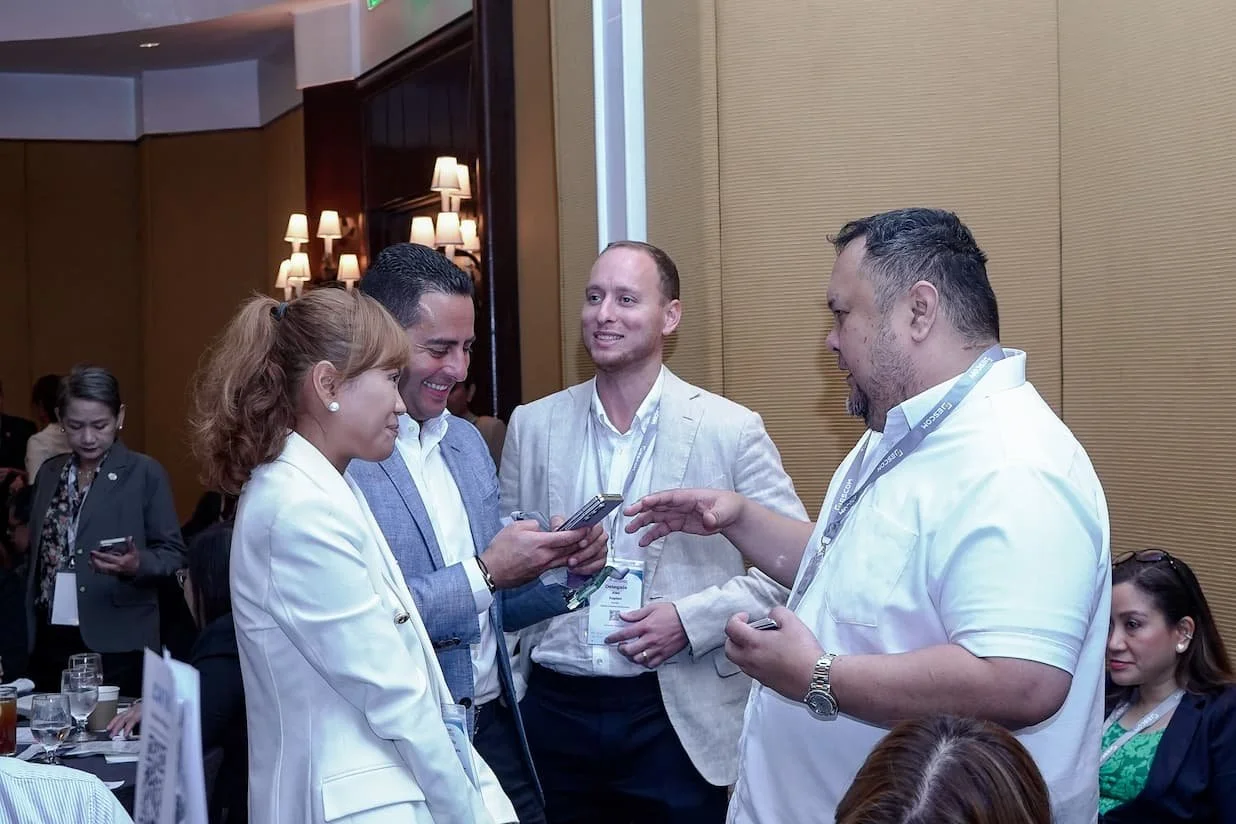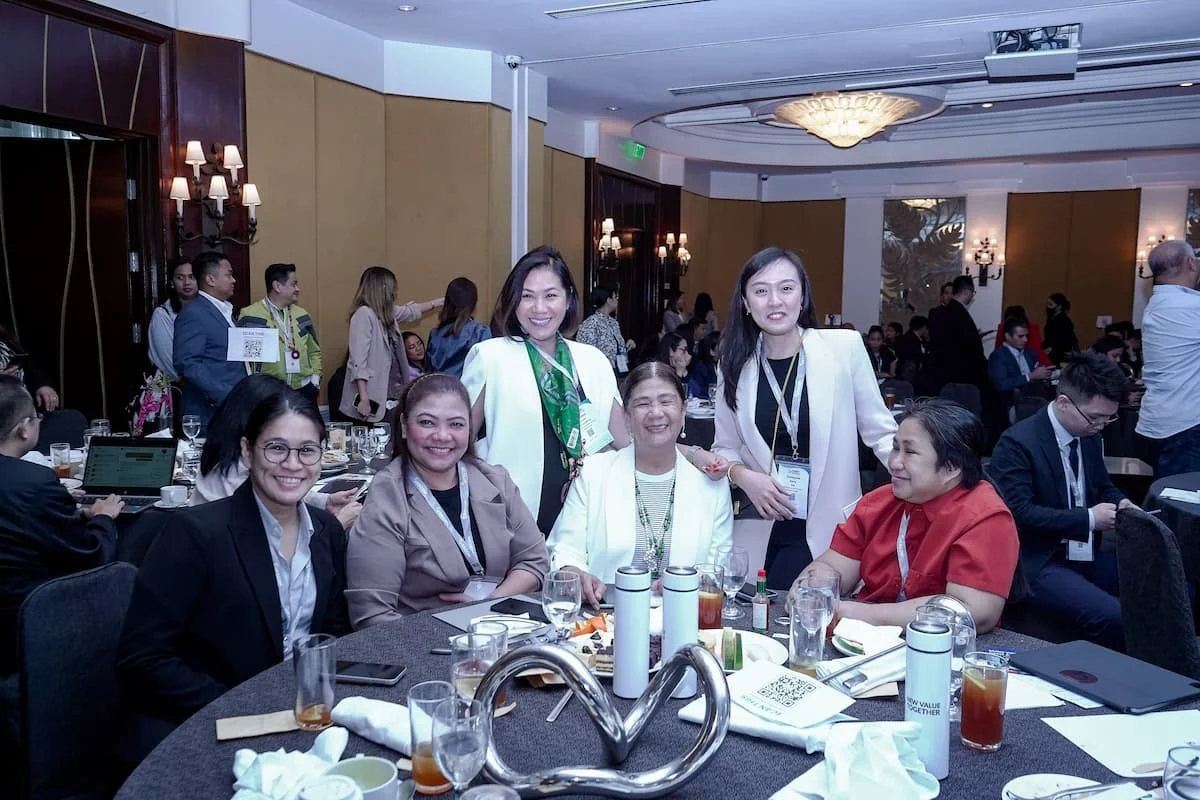Mapping a Greener Path: Sustainability Insights from the Hotel + Accommodation Industry Summit, Philippines
Photo by Escom
The recent Hotel + Accommodation Industry Summit in the Philippines gathered nearly 300 hospitality and travel professionals alongside regional solution providers to deliberate on the hotel landscape, investments, market performance, and imminent challenges.
Innovation and sustainability were the focal points that steered the majority of discussions during the summit. The event emphasized important aspects of industry growth in the Philippines, such as the latest hotel and tourism developments, industry trends, and best practices.
Creating Eco-friendly Hotels with Sustainable Design Solutions
The panel discussion on “Revolutionizing Hospitality through Sustainable Design Solutions for Eco-friendly Hotels” emphasized the importance of integrating sustainable design solutions in eco-friendly hotels. The panelists highlighted the need for hotels to reduce their carbon emissions, educate consumers on sustainable practices, and strike a balance between sustainability and guest expectations.
Photo by Escom
1. Elevate hospitality by incorporating sustainability strategies from the beginning.
Collaboration with sustainability experts from project inception leads to optimal sustainability and design outcomes, a sentiment echoed by John Pauline, Design Principal at JERDE. Early involvement significantly shapes the project’s direction and design decision-making process.
2. Design spaces that serve both guests and communities.
Creating better MICE and accommodation experiences requires designing spaces that cater not only to clients but also to the local community. This holistic approach ensures a more integrated and inclusive environment for all stakeholders.
3. Embrace innovation for long-term success.
Norman Agleron, Partner at HBA Philippines, advocated for integrating sustainability into hotel operations, citing benefits like enhanced brand appeal, increased investment attractiveness, and sustainable business growth.
Casa Buenas Restaurant, Manila, a project of HBA Philippines, is a modern interpretation of a classic ancestral house in the Philippines. It features intricate designs inspired by indigenous materials from across the country, including capiz fixtures, solihiya furniture, hand-carved hardwood floors, and Machuca tiles. Photos by HBA Philippines.
4. Leverage technological advancements for efficiency.
Brandon Wu, Vice President and CTO of Enterprise Business Group at Huawei Asia Pacific, recommended leveraging technological advancements such as optical solutions. These solutions can reduce hotels' power consumption by 60%, eliminating the need for LAN (Local Area Network) rooms and enabling innovative, sustainable designs. Wu emphasized the importance of using innovative technologies to deliver immersive guest experiences with low latency and streamlined operations.
5. Sustainability is a must.
Sustainability should be at the heart of a hotel's mission, values, and daily operations. Architect Cathy S. Saldaña, Managing Director & CEO at PDP Architects, asserted that sustainability is a non-negotiable aspect of business practices and design. She emphasized that sustainability goes beyond gathering points for certification and is more about educating guests on their contribution to the planet with each stay. Some of these practices include conserving energy by turning off lights when not in use, reusing towels, and opting for meals with locally sourced ingredients to reduce carbon footprint.
Decarbonization Strategies for Hotels
Industry leaders at the “Decarbonization for Hotels in Action—How Can Hotels Reduce Their Carbon Footprint and Move Towards Net Zero Targets?” panel discussed practical steps to reduce their carbon footprint and achieve the net zero target, focusing on operational adjustments, employee involvement, educational initiatives, and actionable plans.
Photo by Escom
1. Practice sustainability.
Susan Santos de Cardenas, President of the Society for Sustainable Tourism, highlighted the importance of transitioning from theoretical sustainability policies to tangible actions. Even simple sustainability actions can significantly impact hotels closer to their goals.
2. Engage employees for success.
AJ Dela Fuente, Director of Human Resources and Training at Robinsons Hotels and Resorts, emphasized the crucial role of employees in embedding sustainability practices within hotel operations. For example, getting their buy-in and incentivizing them to champion these practices can amplify the success of sustainability initiatives.
3. Utilize renewable energy and smart power monitoring.
Colin Steley, Sustainability Director of Stratcon.ph, pointed out the promising potential of renewable energy in the Philippines. He suggested that all hotels in the country could switch to 100% renewable energy through the unbundled market power. Steley also recommended implementing smart power monitoring systems to measure, monitor, and reduce energy footprints.
4. Invest in efficiency.
Carlos P. Mendoza, Director of Engineering at The Linden Suites, stressed the significance of upgrading to newer, more efficient motors to lower energy consumption. In addition to adopting renewable energy through the Philippine government’s Green Energy Option Program, regular equipment upgrades are essential for effective decarbonization.
5. Educate and communicate.
De Cardenas emphasized the importance of educating travelers and guests on sustainability practices through impactful storytelling to inspire others to join sustainability initiatives.
How Emerging Innovations Are Steering the Future of Sustainable Hospitality
Madhu Menon, Schneider Electric's Hotel Segment Leader for East Asia and Japan, shared valuable insights on leveraging technology and innovations to drive highly efficient, sustainable operations. These technological innovations, such as guest room management systems, energy management systems, and smart building solutions, are designed to reduce energy consumption and speed up decarbonization while elevating the guest experience.
1. The foundation of Schneider’s “Hotels of the Future” rests on four key pillars:
Sustainability: Striving for Net Zero, or reducing carbon footprint to achieve zero carbon emissions.
Hyper-efficiency: Improving energy and operational efficiency, including staff productivity, to minimize waste.
Resilience: Ensuring smooth navigation through challenges for continuous and agile operations.
People-centricity: Prioritizing exceptional experiences to enhance engagement for both guests and staff, striving for zero disengagement.
Screenshot from Madhu Menon’s presentation
2. Elevating guest experience with connected rooms.
Connected rooms, also known as smart rooms, can help reduce guestroom-related issues. According to a study shared by Menon, 42% of hotel complaints come from guestroom problems, which can decrease loyalty by 11.6%. Implementing connected rooms equipped with smart devices empowers guests with control over their room environment, such as lighting, temperature, and entertainment systems, enhancing convenience and overall experience.
Connected rooms also provide guests with a more personalized experience. Using data analytics and AI, hotels can tailor the room based on guests’ preferences. This level of personalization enriches the guests’ experience, making them feel more valued by the hotel.
Additionally, connected rooms provide valuable operational insights on energy consumption, occupancy rates, and maintenance requirements. With real-time data, hotels can optimize resources and enhance operational efficiency.
Spotlight on the Philippines
The Philippine hotel industry faces both opportunities and challenges amidst global trends and local influences. Industry leaders use technology and align their offerings with evolving lifestyle preferences to enhance growth and guest experiences.
The pace of technological advancement in the hospitality industry is rapidly increasing.
Juan Roca, Group Managing Director at AHG Hotels and Resorts, highlighted the accelerated adoption of technology due to the COVID-19 pandemic. This includes online check-ins, menu QR codes, and chat systems, setting the stage for further industry revolution.
Roca reminded the importance of maintaining a balance between technological innovation and personalized human interaction to deliver exceptional service that resonates with guests.
Lifestyle trends drive urban accommodation evolution.
Rennan Reyes, General Manager at Ascott Bonifacio Global City and Citadines Bay City Manila, highlighted key lifestyle trends shaping urban accommodation products. These include a focus on sustainability, the use of smart technology for guest convenience, the rise of flexible workspaces and communal spaces, and an increased emphasis on health and wellness amenities, which is likely to continue over the next decade.
Photos by Discover ASR Philippines
Be agile and stay relevant.
"You have to make sure that you're always relevant," advised Maria Loleth So, Head of Distribution and Revenue Management of Megaworld Hotels & Resorts. She stressed the vital need for adaptability to industry changes and the cultivation of meaningful relationships for long-term success in the hospitality sector.
Photos by Escom


